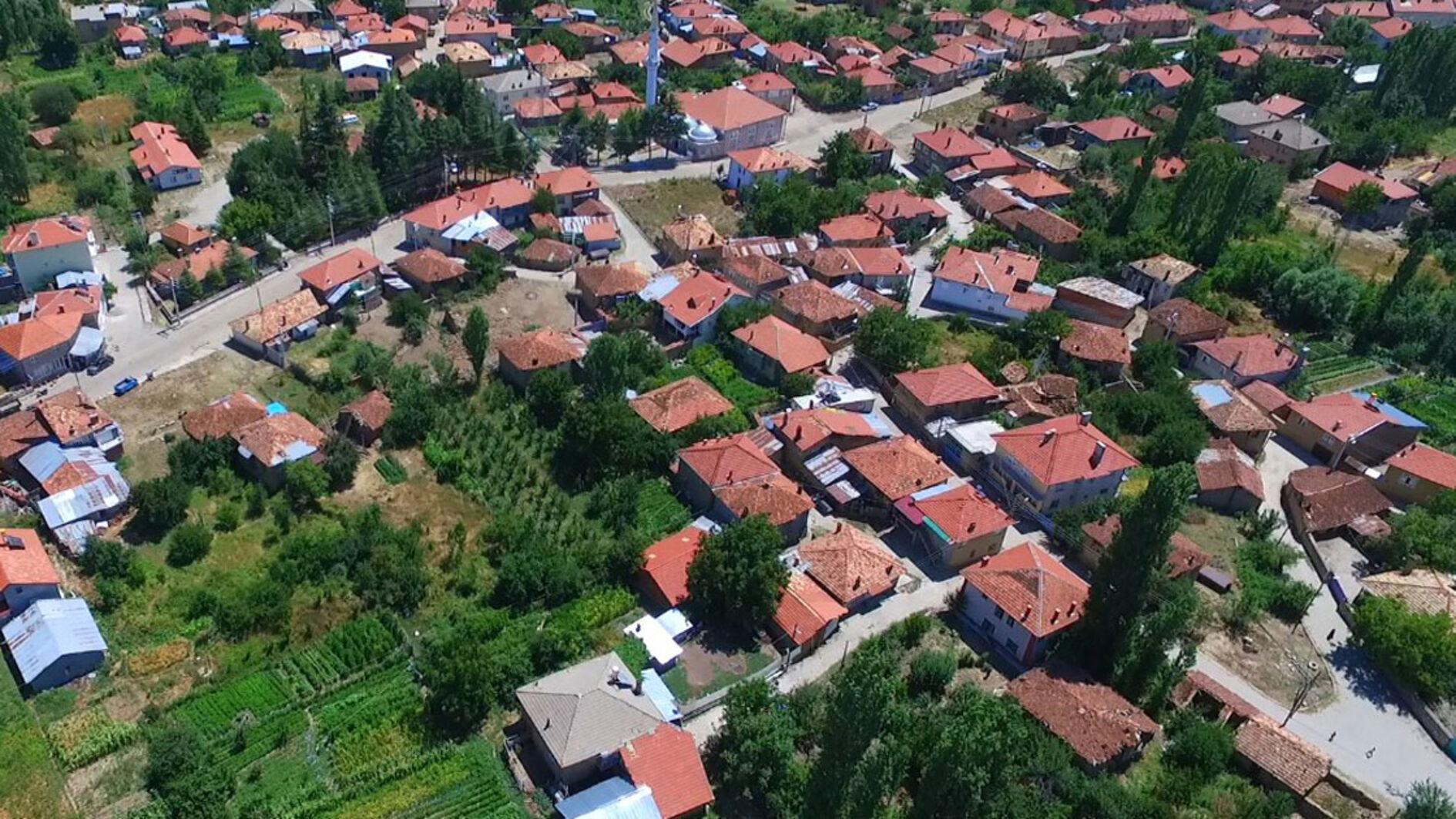
A major shift is underway in rural Türkiye, where the definition of wealth and consumption habits are rapidly evolving.
One measured by tractors and livestock, rural affluence is now reflected in smartphones, living room sets and online shopping trends.
According to a doctoral study by Hakan Yapıcı from Necmettin Erbakan University, traditional rural spending habits are being replaced by digital consumption.
Yapıcı conducted fieldwork in the villages of Ladik, Gerez and Gezlevi in the Central Anatolian province of Konya, documenting how villagers increasingly use credit cards and online platforms for purchases.
Cash use is declining in some areas.
“We barely recognize the faces on banknotes anymore,” said Mert, a resident of Ladik, underlining the rise of digital payments.
Online shopping, especially post-pandemic, has grown rapidly. Villagers are now regularly ordering clothes, carpets, kitchenware and furniture online. They track discounts, save favorite items and compare prices — much like urban consumers.
“Cargo used to arrive weekly, now its daily,” said Rahmi, another villager from Ladik.
However, some, like Behiye from Gerez, have withdrawn from online shopping due to scams.
Rural aspirations have shifted. Smartphones, modern furniture and even plans for luxury vehicles or international travel have replaced older markers of prosperity.
Rafet, another local from Ladik, dreams of owning a luxury car and going on an African safari. Young women prefer to have their wedding dresses custom-made in Konya’s boutiques instead of local tailors.
Though rural areas have hairdressers, women often travel to the city for services, citing local salons as too common.
A competitive consumption culture is emerging. Villagers renovate homes, furnish them with branded items and upgrade appliances not just for utility, but also to match or surpass neighbors.
Social pressure is evident, particularly among the youth. “He has it, so why shouldn’t I?,” 19-year-old Mücahit said.
Some, however, are burdened by debt. “I burned a shoebox full of credit cards,” a local shopkeeper confessed, revealing the darker side of the trend.
Yapıcı emphasized that rural life is not disappearing, but transforming.
“The culture of consumption thorugh televesion, phones, ads, credit cards and the internet has receahed the villages,” he said.
While not all villages are affected equally, the shift marks a significant cultural and economic change in Türkiye’s countryside.